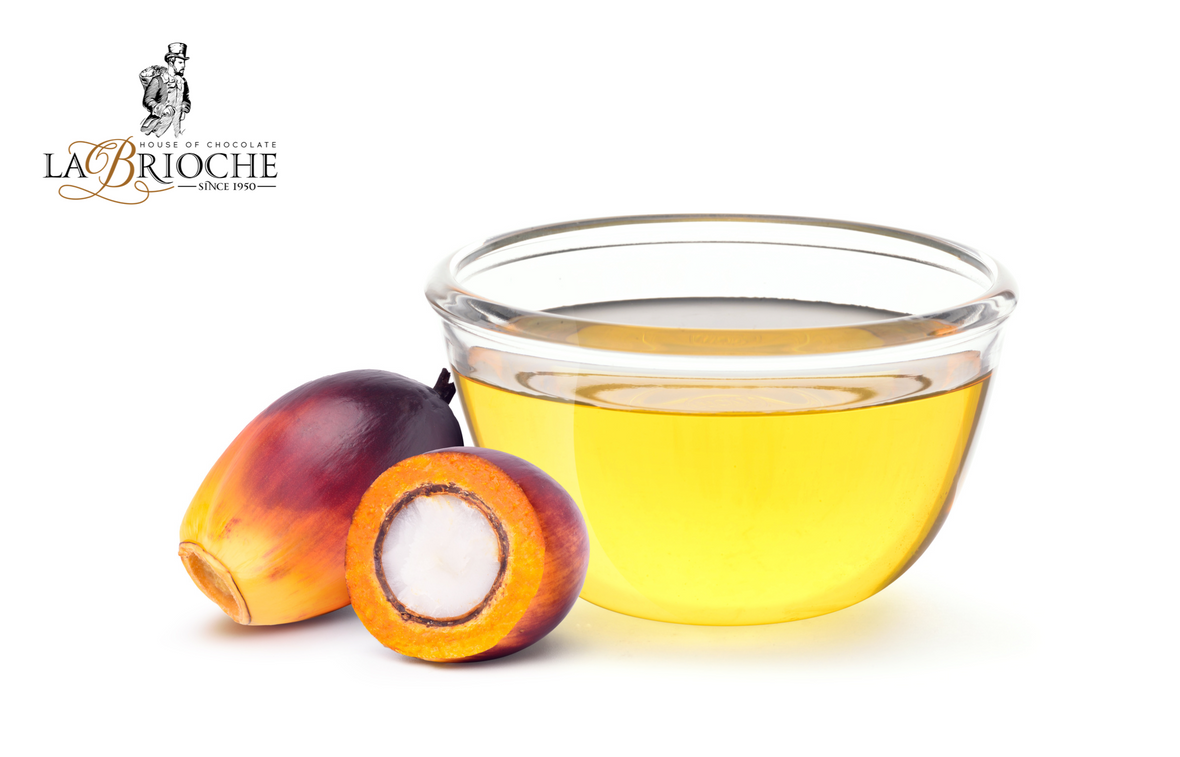
Palm Oil
Omar Adnan Jabri
Palm oil is a popular vegetable oil derived from the fruit of the oil palm tree, which is native to Africa but is now widely cultivated in Southeast Asia, South America, and West Africa. In recent years, palm oil has become a hot topic due to its widespread use and the controversies surrounding its production. In this article, we will take a look at the latest research on palm oil and its implications for consumers and the environment.
Health Benefits and Risks
Palm oil is high in saturated fats, which have been linked to an increased risk of heart disease. However, it also contains unsaturated fats, including monounsaturated and polyunsaturated fatty acids, which have been shown to have beneficial effects on heart health. In addition, palm oil is rich in vitamin E, which is an antioxidant that can help protect against cellular damage.
Despite its potential health benefits, many health organizations and experts recommend limiting the intake of palm oil due to its high saturated fat content. In addition, the high heat used in the production of palm oil can cause the formation of harmful compounds, such as trans fats, which can increase the risk of heart disease.
Environmental Impacts
The production of palm oil has significant environmental impacts, including deforestation, habitat loss, and the release of greenhouse gases. In recent years, there has been growing concern over the destruction of rainforests to make way for palm oil plantations, which has led to the loss of critical habitat for many species, including orangutans and elephants. In addition, the release of greenhouse gases from the production of palm oil is a significant contributor to climate change.
Sustainable Palm Oil
In response to the environmental and health concerns surrounding palm oil, many companies have started to adopt more sustainable practices in the production of palm oil. For example, some companies have committed to using only sustainably sourced palm oil, which is produced without the destruction of rainforests or the release of harmful greenhouse gases. In addition, there are certification programs, such as the Roundtable on Sustainable Palm Oil (RSPO), that aim to promote the production of sustainable palm oil.
Conclusion
Palm oil is a complex and controversial ingredient that has both potential health benefits and risks, as well as significant environmental impacts. The latest research highlights the need for a more sustainable approach to the production of palm oil, as well as the importance of limiting its intake in the diet. When purchasing products that contain palm oil, consumers can look for products that are certified by the RSPO or other sustainable certification programs to help ensure that the palm oil used in the product was produced in a more sustainable and responsible manner.



